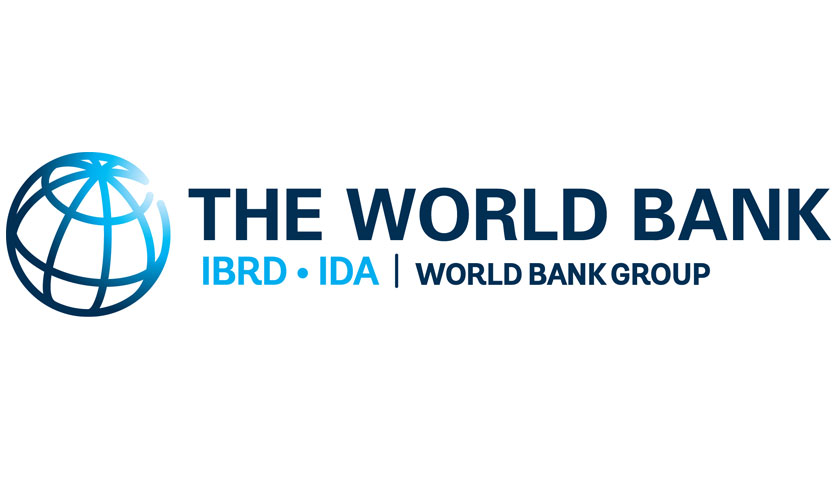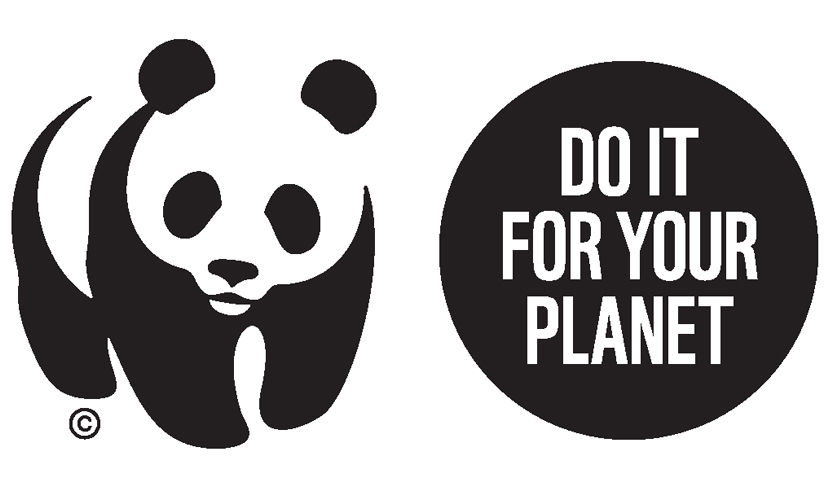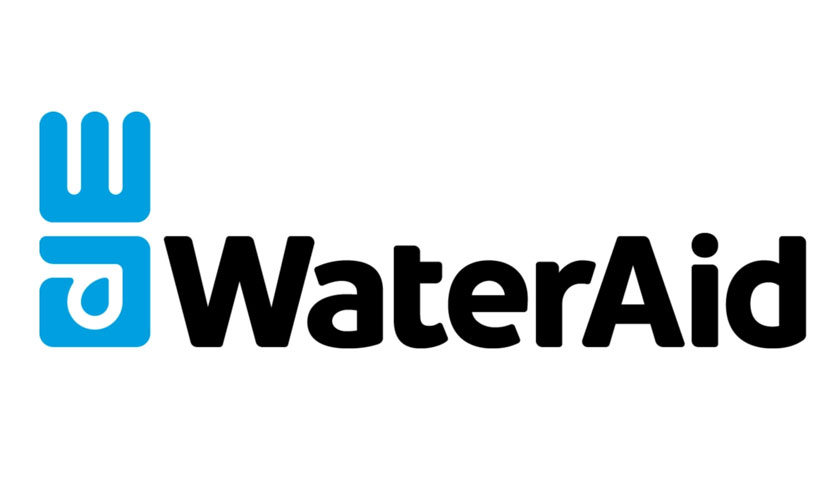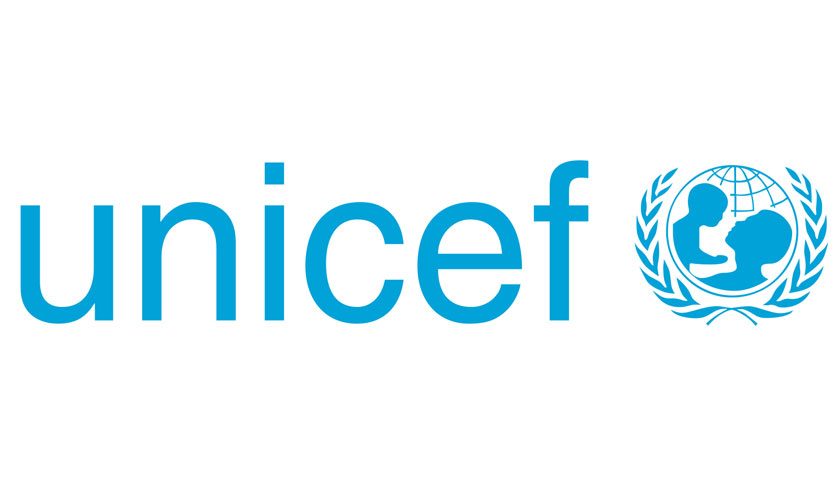The World Bank is committing US$100 million in International Development Association (IDA)* financing to help prevent Gender-Based Violence (GBV) in the Democratic Republic of Congo.
The project will provide help to survivors but also aim to shift social norms by promoting gender equality and behavioral change through strong partnerships with civil society organizations. In DRC—where 75 percent of women and 60 percent of men believe that wife beating is justified—involving men and boys in the process will demonstrate that violence is an issue that must be tackled at the community level and not just a “private matter.”
“In a country like DRC with a vibrant civil society, empowering community-based organizations and mobilizing them in the fight against gender-based violence is of crucial importance,” said Jean-Christophe Carret, the World Bank Country Director for the Democratic Republic of Congo. “As the lack of economic autonomy can be a driver of gender-based violence, the project will also build livelihoods and provide economic opportunities through savings and income-generating activities at the community level.”
The Gender-Based Violence Prevention and Response Project will reach 795,000 direct beneficiaries over the next four years, of whom 400,000 are women and girls. Although physical violence against women has fallen from 64 percent to 52 percent between 2007 and 2014 and sexual violence decreased from 33 percent to 27 percent, prevalence rates of GBV in DRC are still unacceptably high.
A critical mass of qualified and reputable community activists (both women and men), including paralegals, health and social workers, teachers and religious leaders, will be deployed to implement prevention activities in communities across targeted zones in four eastern provinces: South Kivu, North Kivu, Maniema and Tanganyika. The project will also support the establishment of safe spaces for women and girls at the community level where survivors will have access to psycho-social support and other specialized health services.
In addition, the project will rely on the expertise of existing centers of excellence — The Panzi Hospital and Foundation in South Kivu and Heal Africa in North Kivu — with demonstrated experience in responding to gender-based violence in emergency settings. Both facilities operate mobile clinics in remote areas where insecurity and sexual violence are endemic.
The World Bank Group is scaling up its support for development projects aimed at addressing GBV in its operations, both through standalone projects and through the integration of GBV components in sector-specific projects in areas such as transport, education and social protection. Recognizing that prevention efforts require a sustained investment over a long period of time, this new project will aim to consolidate gains made under the Great Lakes Emergency Sexual and Gender-Based Violence and Women’s Health Regional Project, the first World Bank project in Africa offering integrated services to SGBV survivors. In DRC alone, 40,000 people, including 29,000 women, have already benefitted from these services and support.
* The World Bank’s International Development Association (IDA), established in 1960, helps the world’s poorest countries by providing grants and low to zero-interest loans for projects and programs that boost economic growth, reduce poverty, and improve poor people’s lives. IDA is one of the largest sources of assistance for the world’s 75 poorest countries, 39 of which are in Africa. Resources from IDA bring positive change to the 1.5 billion people who live in IDA countries. Since 1960, IDA has supported development work in 113 countries. Annual commitments have averaged about $18 billion over the last three years, with about 54 percent going to Africa.



